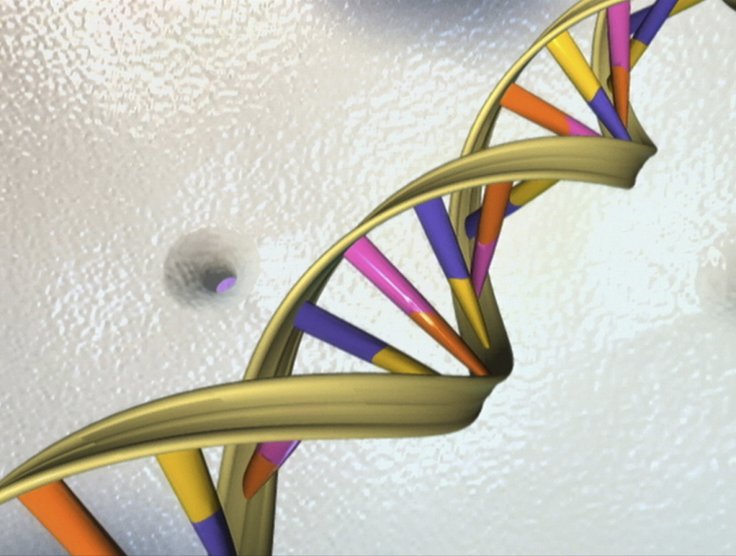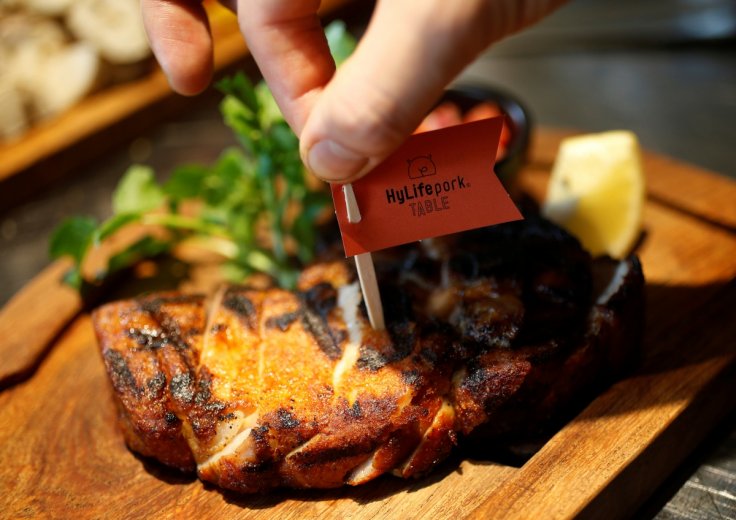
Singapore researchers have found that pig DNA was present in one brand of cuttlefish and prawn balls sold in the country, drawing attention to the perils of food labelling in a multi-religion society. Research from the National University of Singapore said genetic material of swine was found in samples from a seafood brand. The researchers did not reveal the brand.
The "same seafood brand repeatedly yielded pig DNA in five samples which were bought at different times and places", the study published by the Department of Biological Sciences at NUS said, according to Channel News Asia. This ruled out the theory that lab contamination might have been the reason behind the adulteration.
As many as 105 samples of fresh and frozen seafood from six supermarkets were tested by the researchers. "Fortunately, the samples were not labelled as halal or kosher, but such cases do highlight the need for regular testing of heavily processed, multi-species seafood samples," they said.
Earlier in September, Malaysian authorities had said traces of pig and cow DNA were found in sample of popular White Rabbit candy."Based on the investigation, the pig and cow DNA which we analysed came out positive ... We suspect that the ingredients used in the White Rabbit candy may include gelatin," Malaysia's Deputy Minister in the Prime Minister's Department (Religion) Fuziah Salleh said, according to CNA. The candy, a Chinese product, is not certified halal in Malaysia.

In the UK, the identification of traces of pig DNA in halal food had kicked up a storm in 2013. A Prison Service probe was initiated after complaints that halal meat pies and pasties supplied to jails had traces of pork DNA. Pork is forbidden under the Islamic law.
"It is the responsibility of food businesses to ensure the food they sell contains what it says on the label. We are considering, with relevant local authorities, whether legal action is appropriate following the investigation," an FSA spokesperson had said at that time.









